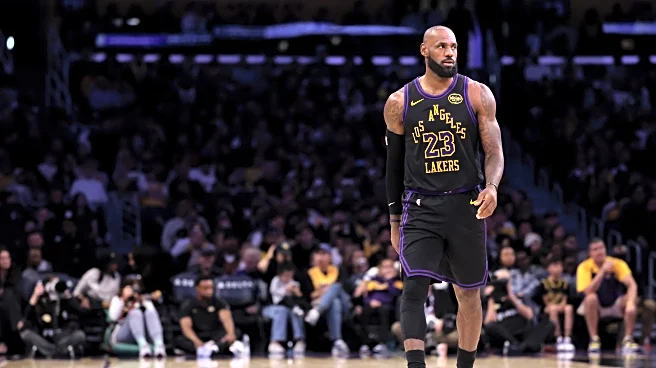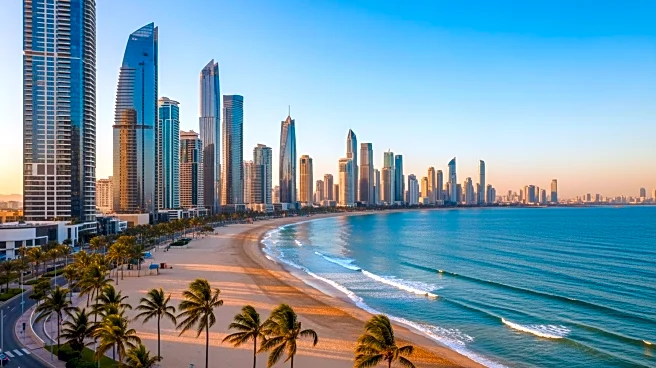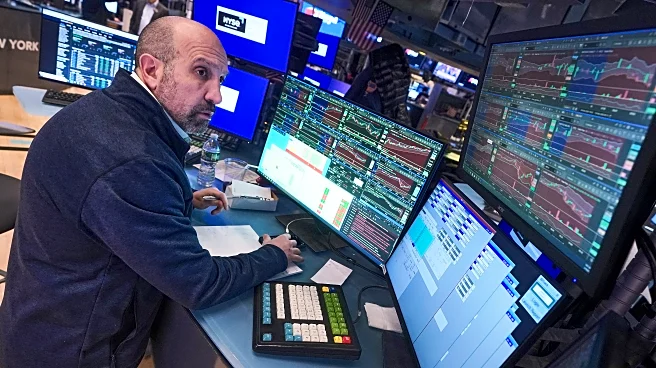What's Happening?
Senior Hezbollah officials have reportedly undergone plastic surgery to conceal their identities following targeted Israeli drone strikes. According to sources close to the Lebanese group, dozens of Hezbollah members injured in recent attacks were flown
to Iraq and Iran for reconstructive procedures overseen by Iran’s Islamic Revolutionary Guard Corps. Those unable to travel abroad received treatment in Hezbollah-run clinics within Lebanon. The report also indicates that some commanders opted for surgery as a precautionary measure to disguise their appearance in anticipation of future strikes. Meanwhile, tensions on Israel’s northern border remain high, with the Israeli Defense Forces (IDF) launching near-daily strikes against suspected Hezbollah operatives and facilities, including construction and weapons-production units near Tyre and the Bekaa Valley. Military officials assert that Hezbollah is actively rebuilding its arsenal and command structure despite the ceasefire.
Why It's Important?
The ongoing conflict between Israel and Hezbollah has significant implications for regional stability and security. Hezbollah's efforts to rebuild its arsenal and command structure, coupled with Israeli strikes, could escalate tensions further, impacting diplomatic relations and peace efforts in the Middle East. The use of plastic surgery by Hezbollah commanders to evade tracking highlights the lengths to which the group is willing to go to protect its leadership and maintain operational capabilities. This development may influence military strategies and intelligence operations in the region, as both sides seek to gain an advantage. The situation also underscores the complex geopolitical dynamics involving Iran, Lebanon, and Israel, with potential repercussions for U.S. foreign policy and international relations.
What's Next?
As Hezbollah continues to rebuild its capabilities, further Israeli strikes are likely, potentially leading to increased military engagements along the northern border. The international community may intensify diplomatic efforts to de-escalate the situation, although previous attempts have had limited success. The Lebanese government faces pressure to disarm non-state groups, including Hezbollah, but the group's significant military assets pose challenges to such initiatives. Regional stakeholders, including Iran and other Middle Eastern countries, may play a role in shaping the conflict's trajectory, influencing future peace negotiations and security arrangements.
Beyond the Headlines
The use of plastic surgery by Hezbollah commanders raises ethical and legal questions regarding the lengths to which individuals and groups will go to evade military tracking and surveillance. This tactic may set a precedent for other non-state actors facing similar threats, potentially complicating intelligence and counter-terrorism efforts globally. The situation also highlights the ongoing struggle between state and non-state actors in the region, with implications for sovereignty, governance, and the rule of law.

















